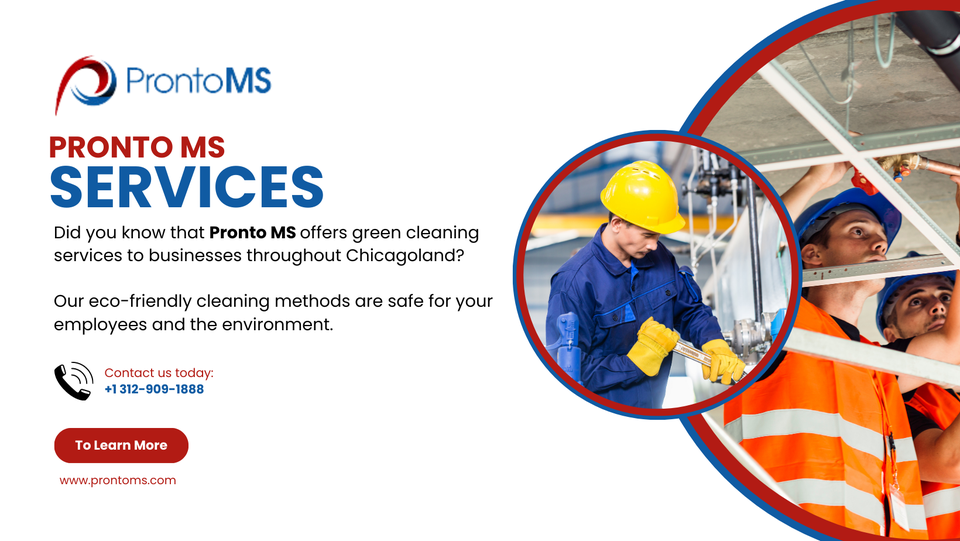Maintaining your HVAC-R (Heating, Ventilation, Air Conditioning, and Refrigeration) system is crucial for ensuring comfort, improving efficiency, and prolonging the lifespan of your equipment. A well-maintained system not only keeps your home or business comfortable but also reduces energy costs and minimizes the risk of unexpected breakdowns. Here are essential HVAC-R maintenance tips to help you keep your system running efficiently throughout the year.
1. Regularly Change or Clean Filters
One of the simplest yet most effective maintenance tasks is to check and change or clean your air filters regularly. Clogged filters restrict airflow, making your system work harder and use more energy. Depending on the type of filter and usage, check it monthly and replace or clean it every 1-3 months to ensure optimal airflow and efficiency.
- Tip: Use high-efficiency filters that can capture more dust and allergens, improving indoor air quality.
2. Schedule Annual Professional Inspections
While you can perform some maintenance tasks yourself, it’s essential to schedule annual inspections with a qualified HVAC-R technician. During these inspections, the technician will assess the overall condition of your system, clean critical components, and identify potential issues before they become major problems.
- Tip: Schedule your inspection during the off-peak seasons (spring or fall) to ensure availability and potentially lower costs.
3. Keep Outdoor Units Clear
If you have an outdoor HVAC-R unit, ensure it is clear of debris, plants, or other obstructions that can restrict airflow. Regularly check for leaves, dirt, and snow accumulation around the unit, and maintain at least a two-foot clearance on all sides.
- Tip: Use a soft brush or cloth to gently clean the fins of the condenser unit, but avoid using a pressure washer, as this can damage the fins.
4. Inspect and Clean Ductwork
Dirty or damaged ductwork can lead to air leaks and reduced efficiency. Inspect your ducts for any signs of wear, such as cracks or gaps, and seal them appropriately. Additionally, consider scheduling professional duct cleaning every few years to remove dust, allergens, and debris.
- Tip: Install duct dampers to control airflow in different areas of your home and improve overall efficiency.
5. Check Thermostat Settings
Ensure that your thermostat is functioning correctly and set to the appropriate temperature. Consider upgrading to a programmable or smart thermostat, which can optimize energy usage by adjusting the temperature based on your schedule.
- Tip: Regularly calibrate your thermostat to ensure accurate temperature readings.
6. Monitor Refrigerant Levels
For refrigeration systems, keeping an eye on refrigerant levels is essential for efficient operation. Low refrigerant levels can indicate leaks or other issues, leading to poor cooling performance. Regularly check refrigerant levels and schedule repairs if necessary.
- Tip: Always hire a certified technician to handle refrigerant issues, as improper handling can be hazardous and illegal.
7. Test Safety Controls
HVAC-R systems come with various safety controls to prevent overheating, pressure buildup, and other potential hazards. Regularly test these safety features, such as emergency shut-off switches, pressure relief valves, and temperature sensors, to ensure they are functioning properly.
- Tip: Familiarize yourself with your system’s safety features and operating manual for optimal safety and performance.
8. Clean Coils and Fan Blades
Dirty evaporator and condenser coils can significantly reduce your HVAC-R system’s efficiency. Dust and grime accumulation on the coils can hinder heat exchange and lead to overheating. Clean the coils and fan blades at least once a year to maintain optimal efficiency.
- Tip: Use a soft brush or vacuum to remove dust and debris, but be gentle to avoid damaging the coils.
9. Ensure Proper Insulation
Proper insulation is crucial for maintaining energy efficiency in HVAC-R systems. Inspect insulation around ducts, pipes, and other components to prevent heat loss or gain. Replace or repair any damaged insulation to improve system performance.
- Tip: Consider adding insulation to your attic or walls if you notice significant temperature fluctuations.
10. Keep an Eye on System Performance
Regularly monitor your HVAC-R system’s performance by keeping track of energy bills, system sounds, and overall comfort levels. If you notice any unusual noises, fluctuating temperatures, or increased energy costs, it may be time to call a professional for a thorough inspection.
- Tip: Document any changes in performance to discuss with your technician during your annual inspection.
11. Conclusion
Implementing these essential HVAC-R maintenance tips can help you keep your system running efficiently all year round. Regular maintenance not only extends the lifespan of your equipment but also improves indoor comfort and air quality while reducing energy costs. By taking proactive steps, you can ensure that your HVAC-R system operates smoothly and reliably, providing the comfort you need in your home or business. Remember, when in doubt, always consult a professional technician for guidance and assistance.









